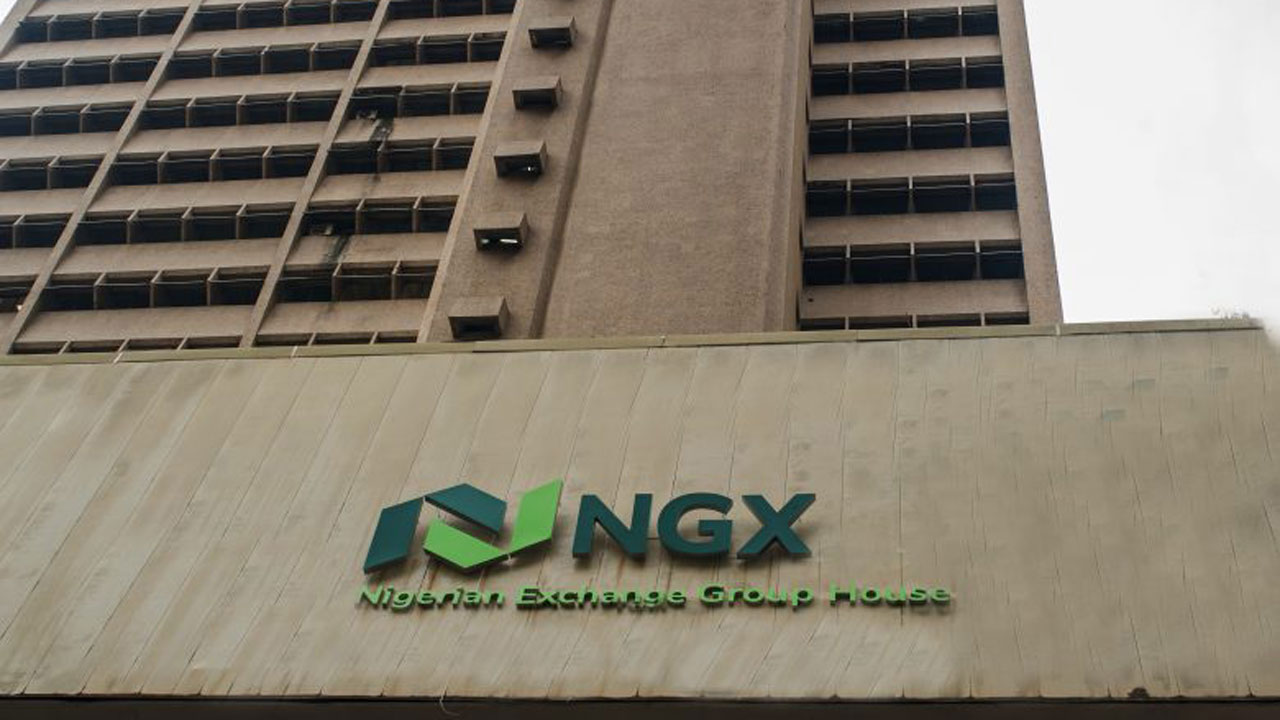Nigeria’s apex bank the Central Bank of Nigeria (CBN) has reviewed the country’s official exchange rate from ₦307/$1 to ₦360/$1. CBN finally reflected this change on its website signaling a confirmation. The bank is yet to issue a press release to this effect.
Devaluation: The Central Bank of Nigeria (CBN) sold dollars to banks at ₦380/$1 in a move signifying a devaluation of the currency. Banks trading at the Investor and Exporter (I&E) window bought dollars at N360/$1 from the CBN on Friday, March 20, 2020. The I&E window is the official market where forex is traded between banks, the CBN, foreign investors, and businesses. The central bank typically buys or sells in the market as part of its intervention program.
Nairametrics also got hold of a letter from the CBN to banks informing them of the new exchange rate for dollars flowing from the International Money Transfer Operators (IMTOs). According to the CBN, IMTOs will sell to banks at N376/$1 while banks will sell to the CBN at N377/$1. The CBN will sell to BDC’s at N378/$1 while the BDC’s will sell to end-users at “no more than” N380/$1.
Single Exchange Rate: A report yesterday also suggested that the CBN also planned to move to a single exchange rate policy for determining the price of the dollar. A senior central bank official who does not want to be identified, said, ‘Today we allowed the rate at the importer and exporters (I&E) window to adjust in response to market developments.’
The central bank has now made an apparent u-turn after it had initially that the “market fundamentals do not support naira devaluation at this time” detailing reasons why it did not need to devalue.
Falling oil price: Oil prices fell to under $20 on Friday before climbing back up to settle at $23 per barrel. Nigeria’s Bonny light trades at $26 while the benchmark Brent crude trades at $29 per barrel. In response to the crash in oil price, Nigeria’s announced a cut to its 2020 budget by N1.5 trillion as it faced the reality of a potential drop in its revenues. Nairametrics also has information that state governments are getting jittery about their ability to sustain salary payments as a reduction in their federal allocation “FAAC” payment is expected.
Source: Nairametrics













